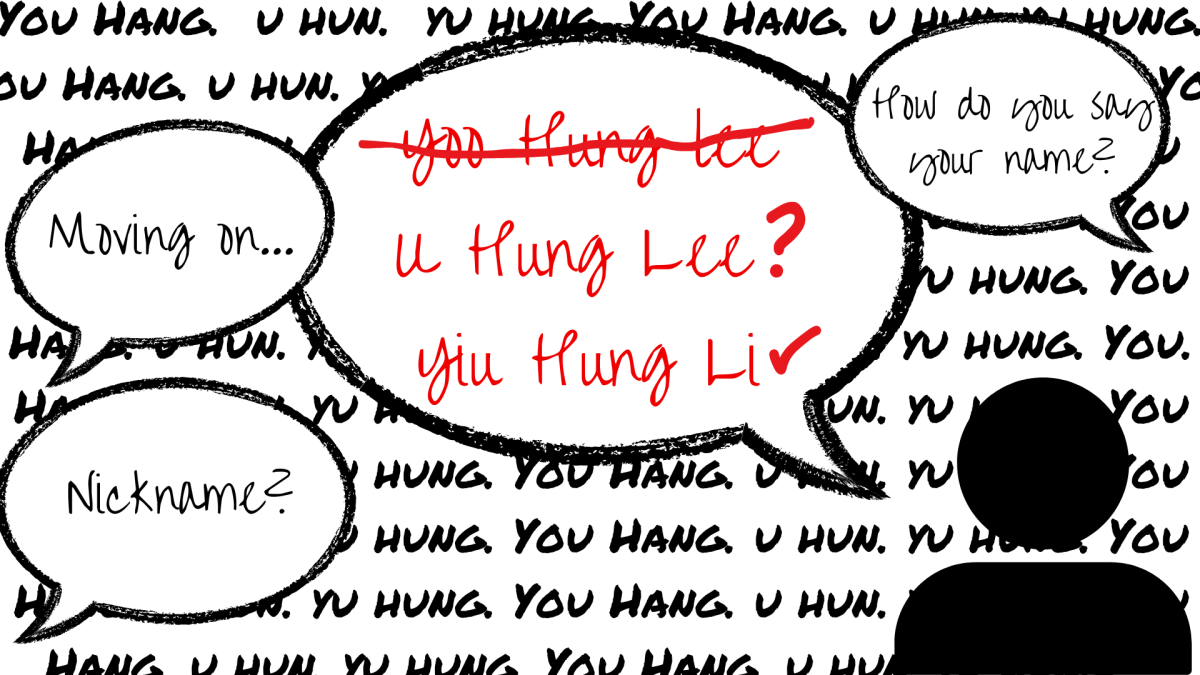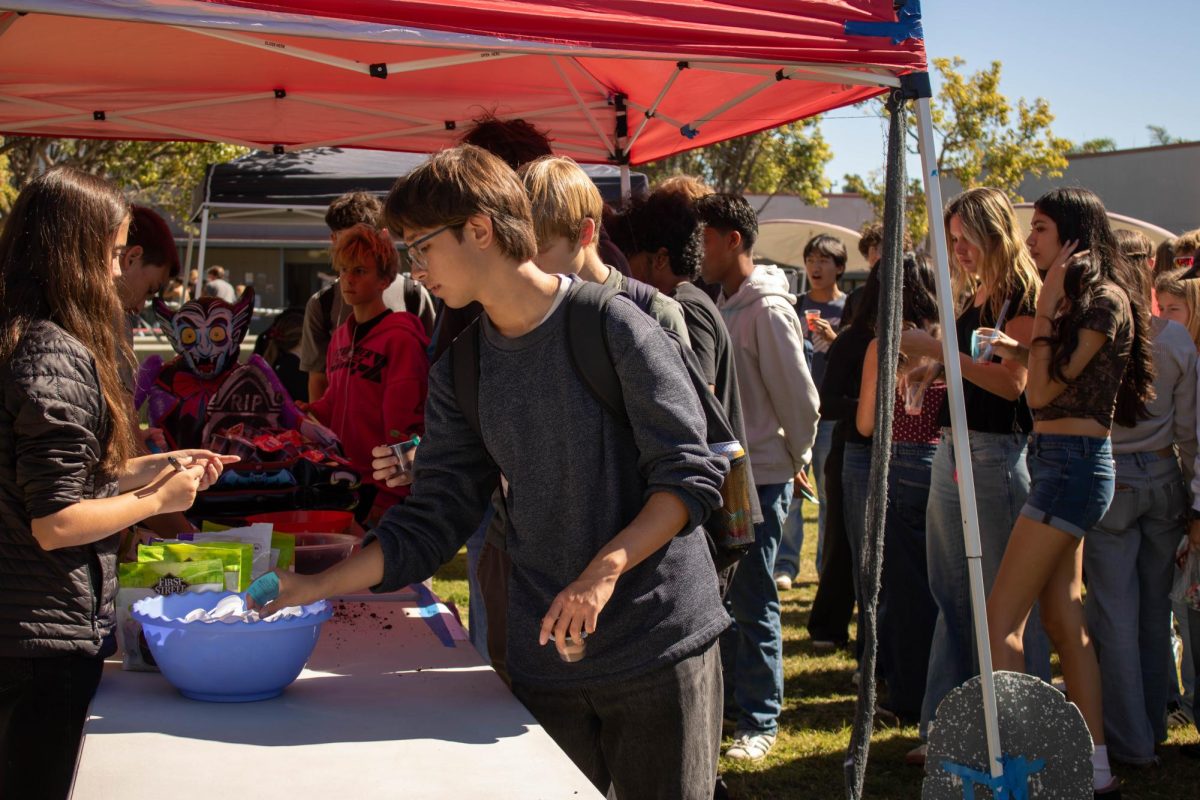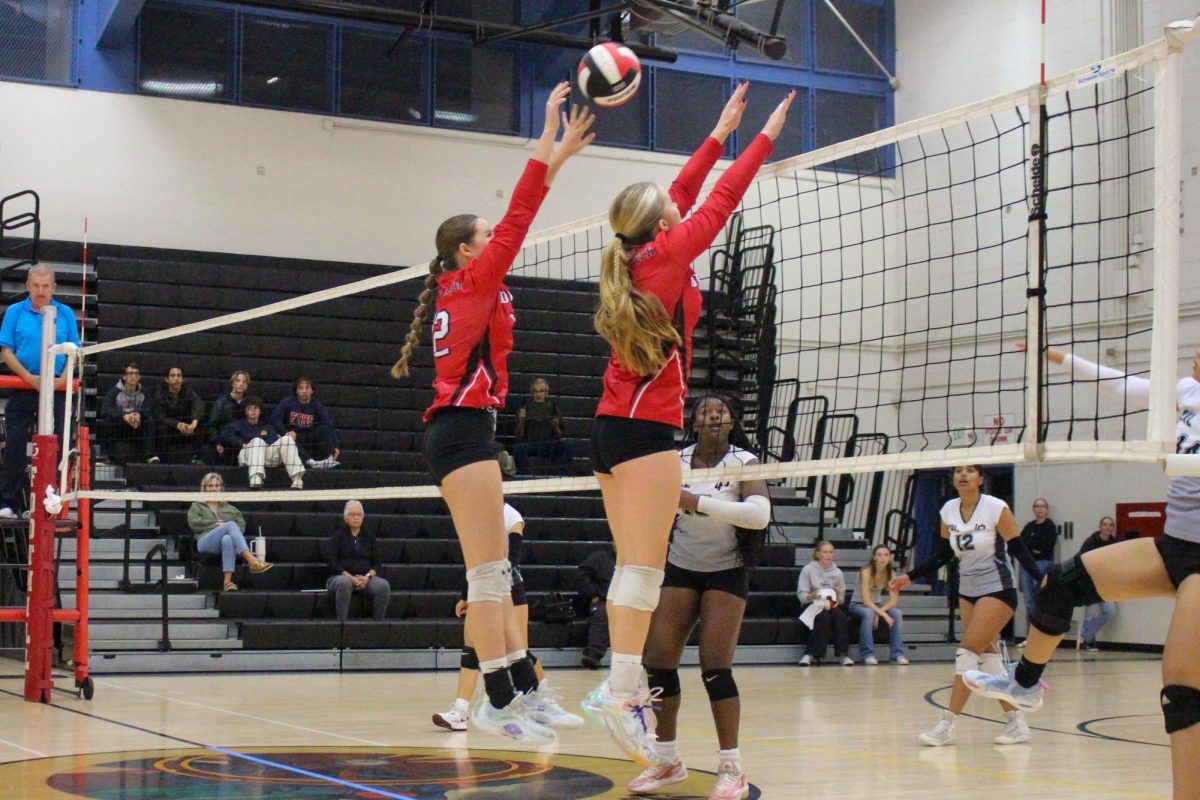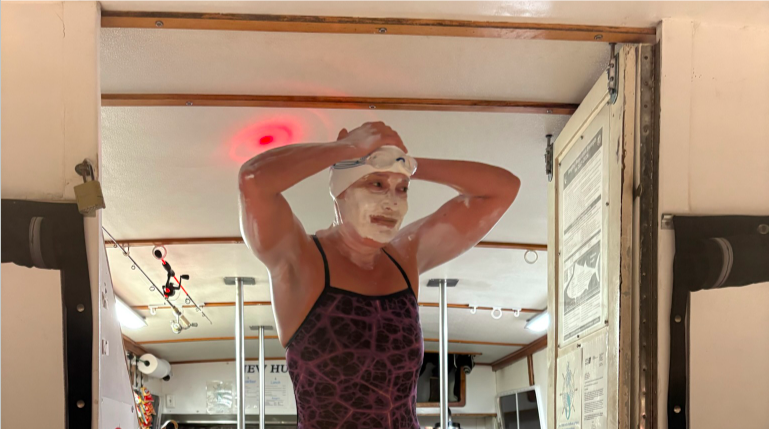Some of you have heard it before: The inevitable pause on the first day of school while your new teacher takes role, a hesitation that’s enough to make you cringe. When your name is eventually mispronounced, you go through the motions to correct yet another person on the pronunciation.
It seems like no big deal, and to some students with difficult-to-pronounce names, it really isn’t too much of a bother. Shaurya Shyam ‘25 stated, “It’s kind of annoying, but I think I’ve learned to live with that, to just accept it.
However, mispronouncing names can have a greater effect on students than we think, especially when it comes to ethnic or anglicized names. Xue Ting Chen ‘27 explained, “When I was in eighth grade, my teachers didn’t even try to pronounce my name, they didn’t ask what I go by. They just called me ‘Chelsea’ so I was never really close to them because you’re not even putting effort into our student-teacher relationship.”
According to the University of British Columbia, “Our names are an incredibly important part of our identity. They carry deep personal, cultural, familial and historical connections.” So when even mentors fail to make an effort to recognize students as they are, it becomes impossible to fulfill the first step of establishing a safe and respectful environment in which kids can be engaged in education.
Furthermore, regarding the issue with the constant mispronunciation of particularly ethnic names, “many minorities often feel forced to reduce the true pronunciation of their name to an abridged version for the comfort of their white peers,” the Michigan Daily explained. The Atlantic also reported that 77 percent of immigrants drop their ethnic names within their first year in the United States in order to fit in. Upon observing undeniable statistics that show how compared to identical resumes under distinctly “white names,” recognizably “Black names” received 50 percent fewer callbacks from potential employers, it is obvious how important it is to respect each others’ names and identities as they are.
Along the same lines, the National Institutes of Health (NIH) established that, “Names often have meaning to an individual and are frequently associated with a racial, ethnic, cultural or religious group. The mispronunciation of names can undermine one’s identity, similar to misgendering.”
Lucio Vilela ‘26 stated, “If you don’t have a problem with having nicknames or otherwise, I think it’s fine. If you do, then I think that should be respected and your name should be pronounced properly.”
So, how do we combat these seemingly intangible issues borne of a society hardwired by prejudices, stereotypes and implicit biases? Well, the good news is that here at Foothill Technology High School (Foothill Tech), we are making strides towards greater measures of inclusivity.
Yiu Hung Li, an English teacher who previously attended Thousand Oaks High School, can relate to the troubles of his students with similarly difficult names. He explained, “In high school, there was no teacher who knew how to say my name, so I actually went by a nickname my entire time at high school,” a statement that may sound familiar to many. However, he urged students to never back down from making their identity known.
Additionally, Naiyma Houston, a science teacher at Foothill Tech, described how she will always try to pronounce her students’ names correctly as long as they can let her know when she hasn’t. She also suggested, “It also helps to write the name phonetically … I kind of wish I knew that in high school growing up, because once you see it written out phonetically, it’s really easy to pronounce.”
Students also expressed their gratitude towards teachers who respect their names; Marykatherine “MK” Ngalubutu ‘26 stated, “All the teachers here really try to make an effort. They keep on trying until they get it right, which I appreciate.”
So, what’s the solution to this age-old problem? Keep being respectful, persistent, and, as Vilela put it, “Just ask the student, that’s about it.”
Editor’s note: In addition to being a Foothill Tech teacher as stated in the article, Yiu Hung Li is also the faculty adviser of the Foothill Dragon Press. Additionally, a previous version of this article contained a misspelling of a name. This information was corrected at 9:21 p.m. on June 10.
















